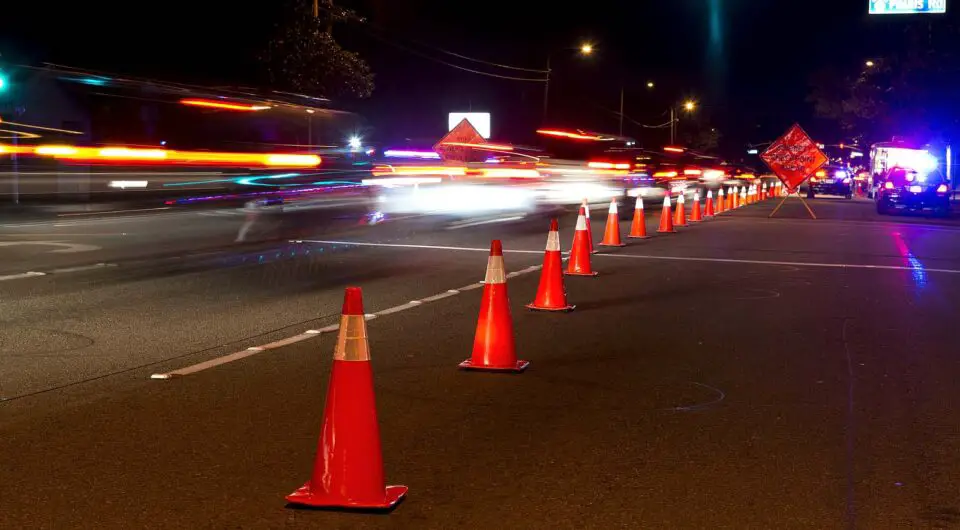ESCONDIDO – A motion to accept a grant to fund traffic safety programs such as DUI checkpoints in Escondido failed at a recent City Council meeting, but the city manager eventually accepted the grant anyway, despite the program’s controversial past.
Councilmembers were presented with the Office of Traffic Safety (“OTS”) Selective Traffic Enforcement Program (“STEP”) Grant in the amount of $515,000 at its Sept. 16 meeting.
The grant would fund salary and benefits for one full-time DUI traffic enforcement officer, traffic safety supplies, DUI checkpoints, saturation patrols, and traffic safety enforcement details.
The council deadlocked 2-2 on whether to authorize the police department to accept the grant. Mayor Paul McNamara and Councilman Mike Morasco voted yes.
Morasco said police “have to use every tool that they have,” because Escondido has one of the highest drunk driving rates in the state compared to similar-sized cities.
Councilmembers Olga Diaz and Consuelo Martinez were the two no votes, citing concerns that DUI checkpoints may be ineffective and could create a “sense of distrust” within the community.
That distrust comes from years-long suspicions among Escondido’s Latino community that DUI checkpoints have historically been used to target undocumented immigrants.
Following the meeting, City Manager Jeffrey Epp, within his authority to do so, accepted the grant on behalf of the city.
“It’s unprecedented for the city manager to accept something that was put on the agenda for us to decide, and then he goes and circumvents that process, that’s unprecedented, and I feel it’s unacceptable,” Councilmember Martinez said of Epp’s decision.
Martinez said that, for months, she has been requesting data regarding saturation patrols vs. checkpoints; a written statement from OTS saying that DUI checkpoints are a requirement for receiving the funds; information regarding who exactly determines the number of checkpoints, where they are placed within the city and why; as well as other effective options for dealing with drunk driving.
Martinez told The Coast News that she has received almost none of this information.
“Who determines where these checkpoints will be and why? I hear a lot of things about ‘well this is where we have the most accidents and the most incidents,’ but what really ends up happening is that the majority of these checkpoints are placed in my district, and my district is the most heavily populated Latino district,” Martinez said.
She noted that this has happened to her for the past several years when it comes to not receiving adequate data.
“It’s not about being against money for our city or being against drunk driving. Of course, I’m against drunk driving, of course I want more money for my city, but process matters and transparency matters and data matters, and we’re missing that,” Martinez said. “The point is that a policymaker is asking for information and she’s not getting that information.”
Epp sent this statement to The Coast News via email:
“It’s unfortunate that this half-million-dollar grant isn’t being advertised for what it is: money from the State of California Office of Traffic Safety to conduct a wide range of traffic safety measures, which we need badly in Escondido to combat impaired driving. The grant covers the cost of saturation patrols, education, and a variety of other traffic safety measures. Two of our Councilmembers strongly supported receiving this money to make Escondido a safer place. The City of Escondido has accepted this grant for many, many years, including the last several years.”
Regarding Martinez’s statements, Epp said that they provided a map of the city to councilmembers showing recent years’ checkpoint locations, and “they were very well scattered.”
He added that “checkpoint locations are chosen by the traffic safety team in the Police Department based on a variety of factors.”
Police Chief Ed Varso could not be reached for comment.



